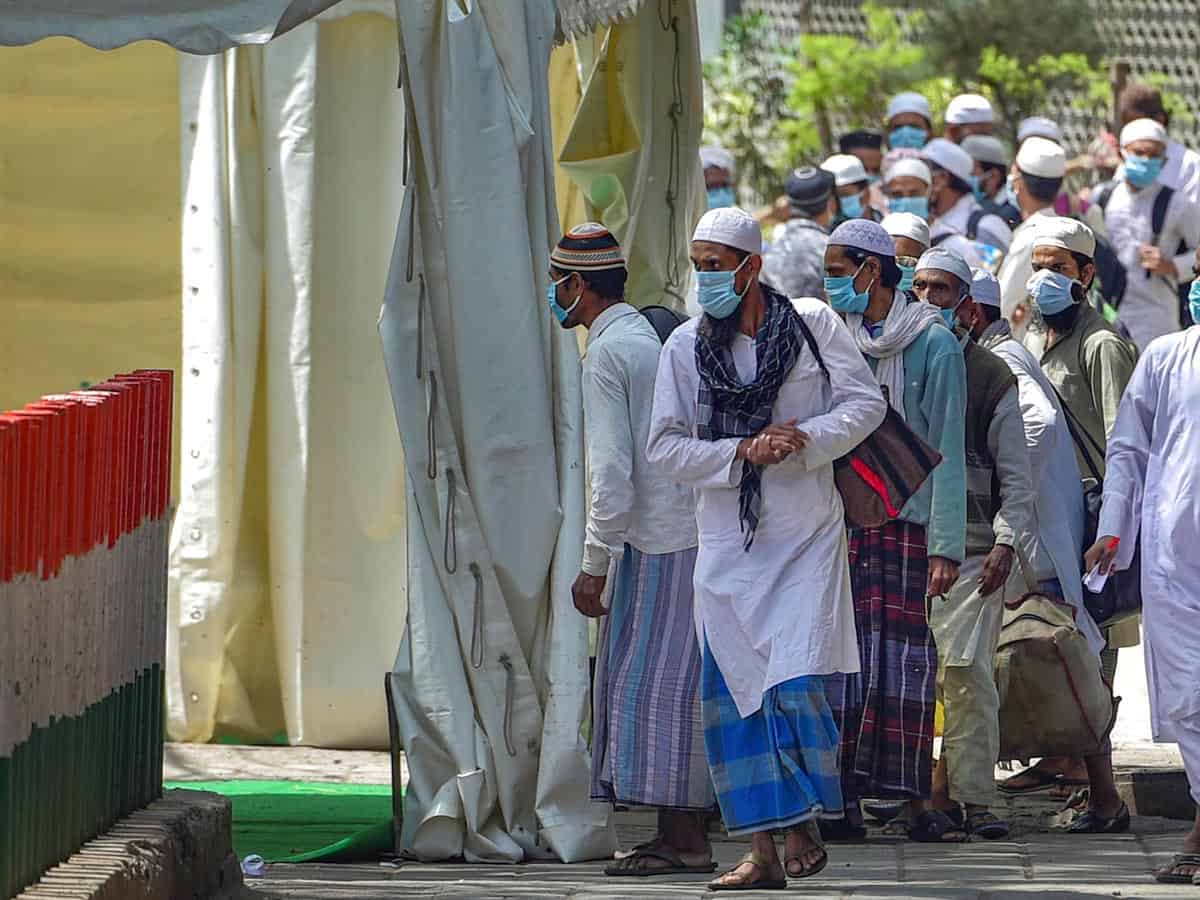
India witnessed the highest level of religious hostilities during COVID-19 pandemic in 2020 according to a research study by the Pew Research Center.
India secured a 9.4 rating out of 10 on the Social Hostilities Index in 2020, performing worse than its neighbours Pakistan (7.5) and Afghanistan (8), said the think tank’s 13th annual study.
The PEW calculates the Social Hostilities Index on 13 parameters that measure hostilities both between and within religious groups, comprising mob or sectarian violence, crimes motivated by religious bias, physical conflict over conversions, harassment over clothing for religious reasons, and other religion-centric intimidation and violence.
The report revealed that Islamophobic hashtags such as #CoronaJihad were widely circulated on social media in India, blaming Muslims for the pandemic.
There were numerous reports of Muslims being attacked after being accused of spreading COVID-19, it added.
In India, a large number of Tablighi Jamaat members in Markaz attended a congregation conducted from March 13-15, 2020. The Centre banned public meetings due to the pandemic. Even though the Markaz management cooperated with police in the evacuation of the premises, several attendees were booked, including foreigners under the Epidemic Diseases Act. It is to be noted that the courts have quashed most of the FIRs and acquitted the members.
A BJP legislator from Uttar Pradesh, called for a boycott of Muslim vendors, accusing them of “infecting vegetables with saliva“.
According to critics, India’s ruling party treated the COVID-19 pandemic as an opportunity to double down on its existing Islamophobic policies.
The Pew Research Center report further mentioned that India was among top three countries, apart from Indonesia and Yemen, where pandemic-related killings of religious minorities took place in 2020. Two Christians were beaten to death in police custody in Tamil Nadu for allegedly violating COVID-19 restrictions.



